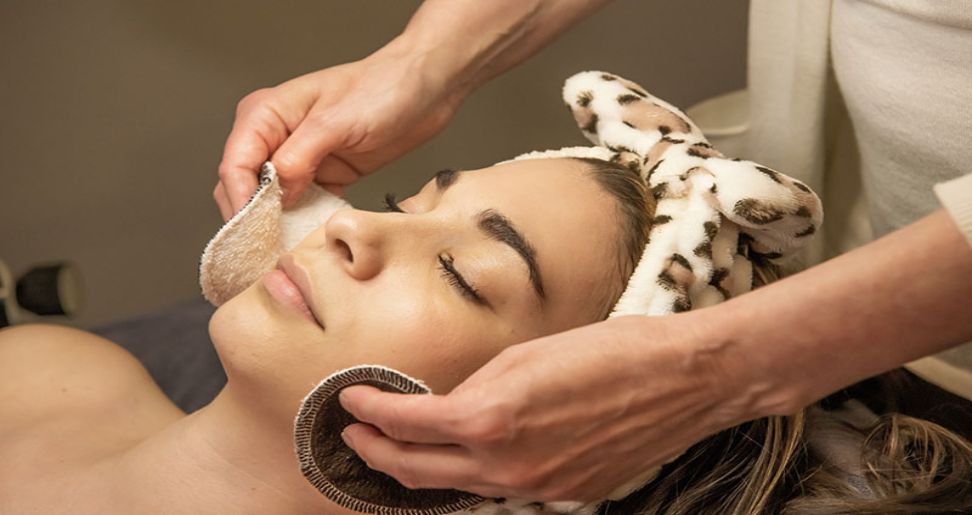In the quest for healthy, glowing skin, skincare facials have become an essential component of many beauty regimens. These treatments offer a multitude of benefits, from deep cleansing and hydration to anti-aging effects. In this article, we will explore the various types of skincare facials, their benefits, and why incorporating them into your routine can significantly improve your skin’s health and appearance.
The Basics of Skincare Facials
Skincare facials are professional treatments designed to address specific skin concerns and improve overall skin health. They typically involve multiple steps, including cleansing, exfoliation, extraction, massage, and the application of masks and serums. Performed by licensed estheticians or dermatologists, these treatments are tailored to individual skin types and conditions, ensuring that each facial delivers optimal results.
Types of Skincare Facials
Deep Cleansing Facials
Deep cleansing facials are ideal for individuals with oily or acne-prone skin. These facials focus on thoroughly cleaning the skin, removing impurities, and unclogging pores. The process often includes steam treatment, exfoliation, and extraction to eliminate blackheads and whiteheads. A soothing mask is applied afterward to calm the skin and reduce inflammation.
Hydrating Facials
Hydrating facials are perfect for dry or dehydrated skin. These treatments replenish moisture levels, leaving the skin soft and supple. Key steps of hydrating facials include the gentle exfoliation and remove the dead skin cells, followed by the application of hydrating serums and masks rich in ingredients like hyaluronic acid, glycerin, and aloe vera.
Anti-Aging Facials
Anti-aging facials target signs of aging such as fine lines, wrinkles, and sagging skin. These facials often incorporate techniques and products that stimulate collagen production, such as microdermabrasion, chemical peels, and LED light therapy. Ingredients like retinoids, peptides, and antioxidants are used to enhance skin elasticity and reduce the appearance of aging.
Brightening Facials
Brightening facials aim to even out skin tone and reduce pigmentation issues, such as dark spots and hyperpigmentation. These facials utilize exfoliants like glycolic acid and vitamin C to promote cell turnover and reveal a more radiant complexion. The inclusion of brightening masks and serums helps to enhance the skin’s natural glow.
Benefits of Skincare Facials
Deep Cleansing and Exfoliation
One of the primary benefits of skincare facials is their ability to deeply cleanse and exfoliate the skin. This process removes dirt, oil, and dead skin cells that can clog pores and lead to breakouts. Regular facials help maintain clear skin and prevent acne, blackheads, and other impurities.
Improved Hydration
Skincare facials are highly effective in improving skin hydration. By incorporating hydrating ingredients and techniques, facials ensure that the skin remains well-moisturized, which is crucial for maintaining a healthy skin barrier and preventing dryness.
Enhanced Circulation
Facial massage is a common component of skincare facials. This technique stimulates blood flow, which helps deliver oxygen and nutrients to the skin cells. Improved circulation enhances the skin’s overall appearance, giving it a healthy, youthful glow.
Anti-Aging Effects
Facials designed for anti-aging purposes can significantly reduce the signs of aging. By promoting collagen production and enhancing skin elasticity, these facials help to smooth out fine lines and wrinkles, resulting in firmer, more youthful-looking skin.
Relaxation and Stress Relief
In addition to their physical benefits, skincare facials also offer mental relaxation. The soothing nature of facials, combined with the calming environment of a spa, can help reduce stress levels and promote overall well-being. This relaxation is beneficial for both the mind and the skin, as stress can exacerbate various skin conditions.
Incorporating Skincare Facials into Your Routine
Regular Appointments
To reap the full benefits of skincare facials, it is important to schedule regular appointments. Depending on your skin type and concerns, a facial every four to six weeks is typically recommended. Regular facials ensure that your skin remains in optimal condition and that any emerging issues are promptly addressed.
Home Care
While professional facials are essential, maintaining a good skincare routine at home is equally important. Use products that complement the treatments you receive during facials, such as cleansers, moisturizers, and serums tailored to your skin type. Consistent home care helps prolong the results of your facials and keeps your skin healthy between appointments.
Consultation with a Professional
Before beginning any facial regimen, it is advisable to consult with a licensed esthetician or dermatologist. These professionals can assess your skin type and concerns, recommending the most suitable facials and products for your specific needs. Personalized advice ensures that your skincare routine is both effective and safe.
Conclusion
Skincare facials are a powerful tool in achieving and maintaining healthy, radiant skin. By offering deep cleansing, improved hydration, anti-aging benefits, and relaxation, facials address a variety of skin concerns and enhance overall skin health. Incorporating regular facials into your skincare routine, along with proper home care and professional consultation, can lead to significant and long-lasting improvements in your skin’s appearance and well-being.
Also Read:-


